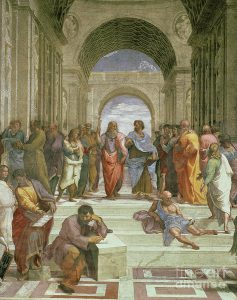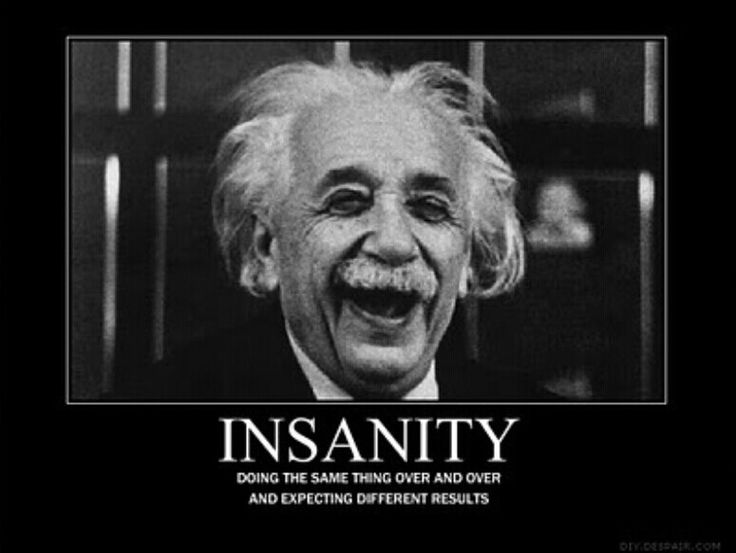
Human history becomes more and more a race between education and catastrophe.
-H.G. Wells
Given that our government is promising to more explicitly oligarchic than any time since The Gilded Age. (Mark Twains’s novel by that name illustrates this sharply), it is instructive to look at what Aristotle has to say about governments that are run by the rich and what he believes is the best form of government. He is critical of his teacher Plato’s ideal city state because while it is based in part on observations of elements of the Spartan constitution, Aristotle finds many of the proposals in the Republic are too ideal, too much based on “Let us imagine” and not grounded on a realistic understanding of human nature and what is actually politically possible.
In contrast, Aristotle is said to have examined 158 actual existing city state constitutions and based his recipe for the best on which ones were the most stable and just and afforded a good life for the majority of citizens. Raphael’s painting of the two philosophers shows Plato pointing upwards to his realm of ideal Forms, and the empiricist Aristotle trying to dampen down-to- earth his teachers Utopian fantasies. In his Politics, Aristotle finds that:
“The best political community is formed by citizens of the middle class, and those states are likely to be well administered in which the middle class is large and stronger if possible than both the other classes… for the addition of the middle class tunes the scale, and prevents either of the extremes from being dominant…..The middle (class) most easily obeys reason whereas the wealthy find it hard to follow reason, because they tend to be insolent and rather wicked in great things….a love of ruling and desire to rule, both of which are harmful to cities…because of the luxury they live in, being ruled is not something they get used to, even at school….. Poverty is the parent of revolution and crime….a city of slaves and masters arises, not a city of the free…. the first are full of envy while the second are full of contempt… Friendship [is] the greatest good of the city-state, since in this condition [the citizens] are leas like to factionalize…… And citizens can only be friends if they are (relatively) equal….
Aristotle’s detailed analysis of the kinds of friendship contains a brilliant understanding of friendships that are immoderately transactional. Very timely and prescient.
it should be noted that Aristotle was by no means an unconditional defender of democracy. He explicitly criticizes democratic constitutions on the grounds that they are often unjust because they demand equality even from those who deserve more than an equal share.
A progressive income tax would go a long way to establishing a middle class while providing the wealthy, who by luck or talent deserve it. MODERATION IN ALL THINGS is Aristotle’s constant refrain.
